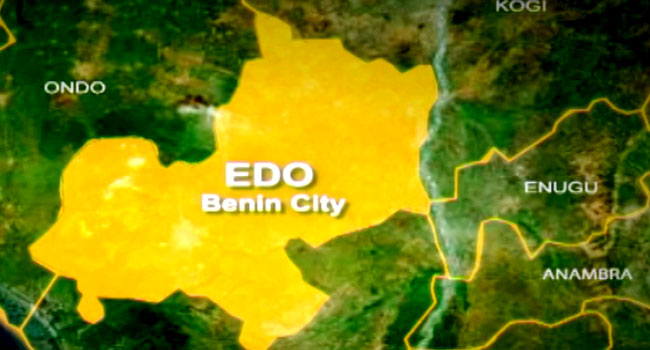Governor Godwin of Edo State says he increased the minimum wage in the state to reflect the current economic realities of the country.
Obaseki had announced a N70,000 minimum wage, an increase from the N40,000 paid previously by his government as against the N30,000 national minimum wage.
The move had generated conversations among Nigerians but the governor said with the depreciating value of the country’s currency – the naira – and the rising cost of living, it made sense to introduce a new minimum wage for state workers.
“Let us understand this new minimum wage calculation. In 2011, when the minimum wage was N18,000, the exchange rate was N160/$ and so effectively workers in Edo State were taking home about $120 as minimum wage. When we increased the minimum wage to N40,000 in 2022, the exchange rate at that time was N450/$ so effectively, workers were getting about $96,” he said on Monday’s edition of Channels Television’s Politics Today.
“Today, 2024, with the N70,000 minimum wage at the current exchange rate of N1,257/$, what they are taking home is $55 which is less than 50 per cent of what they were earning about a year ago.
“For us in Edo State, we believe that the issue is about productivity; paying people well so that they can produce more and not pretending that you are paying them some salary when you know that that salary cannot motivate them to produce the goods and services that you require.”
READ ALSO: Governor Obaseki Announces N70,000 New Minimum Wage
Since the Federal Government removed fuel subsidy, the cost of the product has more than tripled. The floating of the nation’s currency later further compounded the country’s economic woes, leaving the cost of living hitting the rooftops.
Inflation figures have reached 33.20 per cent, marking a 28-year high.
But to cushion the impacts of the harsh economy, Obaseki said his government had to introduce the new minimum wage for workers in Edo State.
“We are taking measures as a state to mitigate the situation that we found ourselves in today,” Obaseki said.
He said with the digitisation of work in the state, his government has been able to save money which will be plowed back to other areas including the payment of wages.
“So, we don’t spend [so much] money on stationery and all those costs used to run the government,” the governor said, adding that the state has also reduced the cost of energy by looking at alternative sources.
“Those savings, I use them to pay salaries,” he said.




